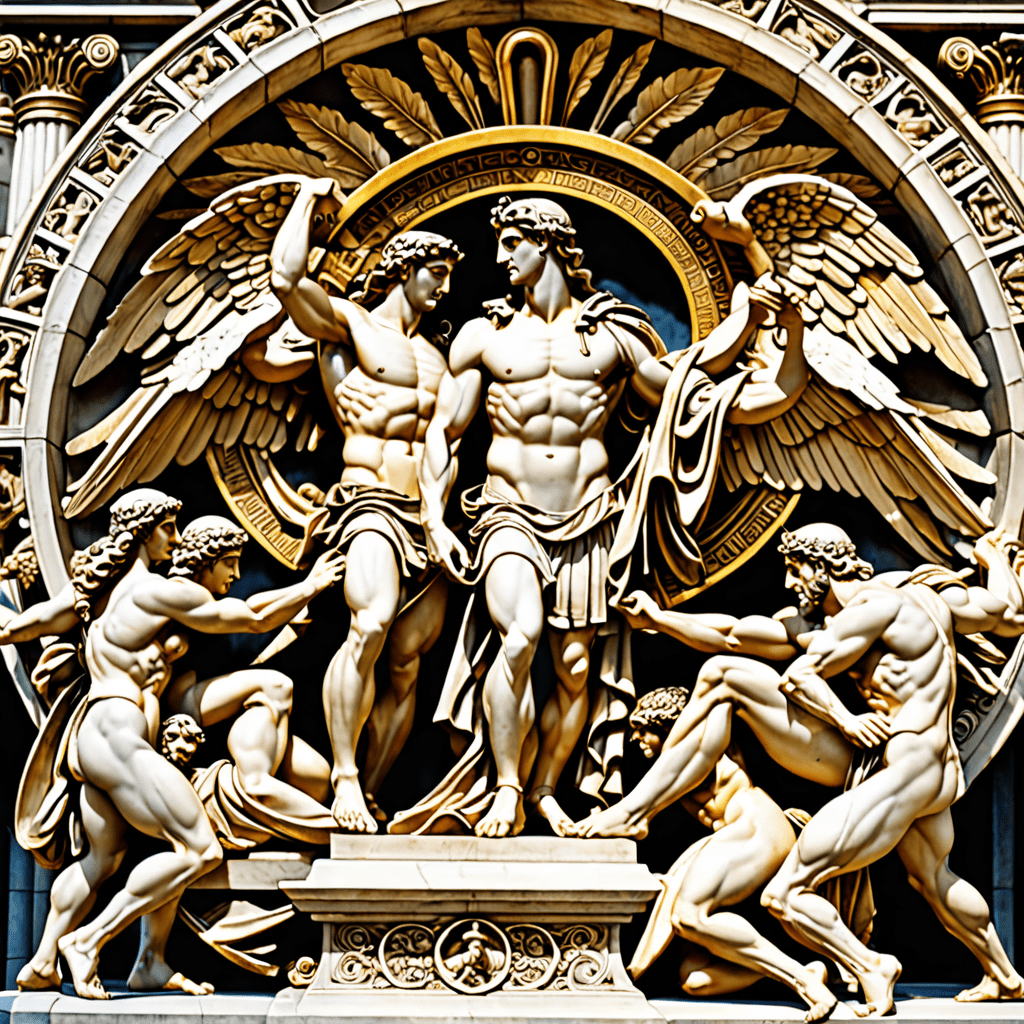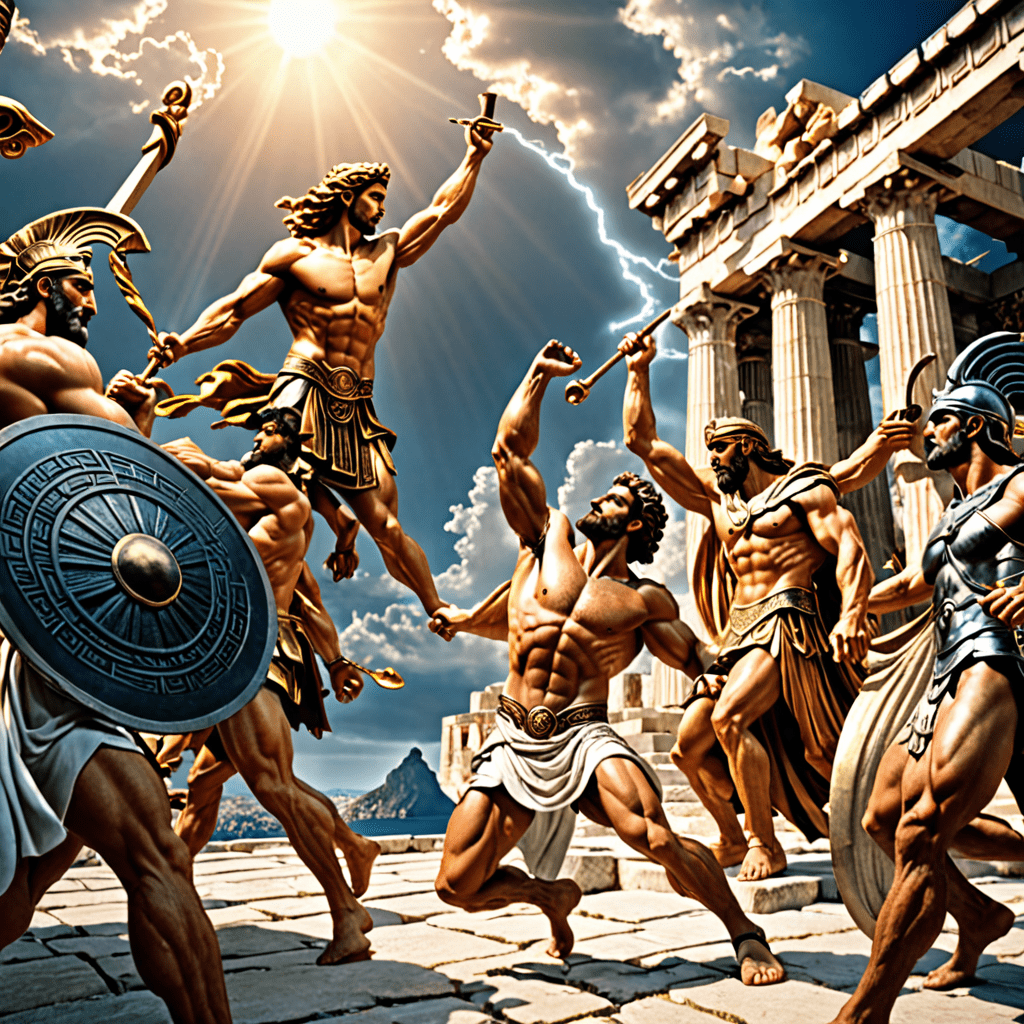The Symbolism of Unity and Division in Roman Mythology
Roman mythology is rich in symbolism, with themes of unity and division often playing significant roles in the ancient tales. Let’s delve into how these concepts manifest in Roman myths.
Unity in Roman Mythology
In Roman mythology, unity is often symbolized through gods and goddesses coming together for a common purpose. For example, the mythical founding of Rome by Romulus and Remus showcases unity as the twin brothers worked together to establish the great city. This story reinforces the importance of collaboration and harmony in achieving goals.
Similarly, the concept of Pax Romana, the long period of relative peace and minimal expansion of the Roman Empire, exemplifies unity in ensuring stability and prosperity. This theme is echoed in the divine hierarchy of gods and goddesses who work in unison to govern different aspects of life and the universe.
Division in Roman Mythology
In contrast, division in Roman mythology often represents chaos, conflict, and challenges. The rivalry between gods like Jupiter, Neptune, and Pluto for control over the realms of the sky, sea, and underworld symbolizes power struggles and discord. These divine divisions mirror human experiences of competition and strife.
Furthermore, myths such as the abduction of Persephone by Pluto, leading to her separation from her mother Demeter, showcase the consequences of division and separation in relationships and the natural world. This tale emphasizes the need to strive for reconciliation and harmony to overcome division.
The Balance of Unity and Division
While unity and division may seem like opposing forces in Roman mythology, they ultimately coexist to create a dynamic equilibrium. The harmony achieved through unity allows for progress, stability, and a sense of mutual purpose, while the strife borne from division highlights the complexities of human and divine nature.
Understanding the symbolism of unity and division in Roman mythology provides valuable insights into the intricate narratives that capture universal themes of cooperation, conflict, and resolution. These myths continue to resonate with audiences today, showcasing the enduring relevance of ancient stories in exploring the intricacies of the human experience.
FAQ: The Symbolism of Unity and Division in Roman Mythology
What is the significance of unity in Roman mythology?
In Roman mythology, unity often symbolizes strength and harmony. It reflects the interconnectedness of individuals, families, and communities, emphasizing the power of coming together to achieve common goals.
How is division portrayed in Roman myths?
Division in Roman mythology typically represents conflict, discord, and imbalance. It can highlight the consequences of disunity, such as betrayals, rivalries, and the breakdown of relationships or society.
Can you provide examples of unity and division in Roman mythology?
Sure, examples of unity include the founding of Rome by Romulus and Remus, who worked together to establish the city. In contrast, the division between Julius Caesar and Brutus leading to Caesar’s assassination showcases the destructive nature of internal discord in Roman history and mythology.



